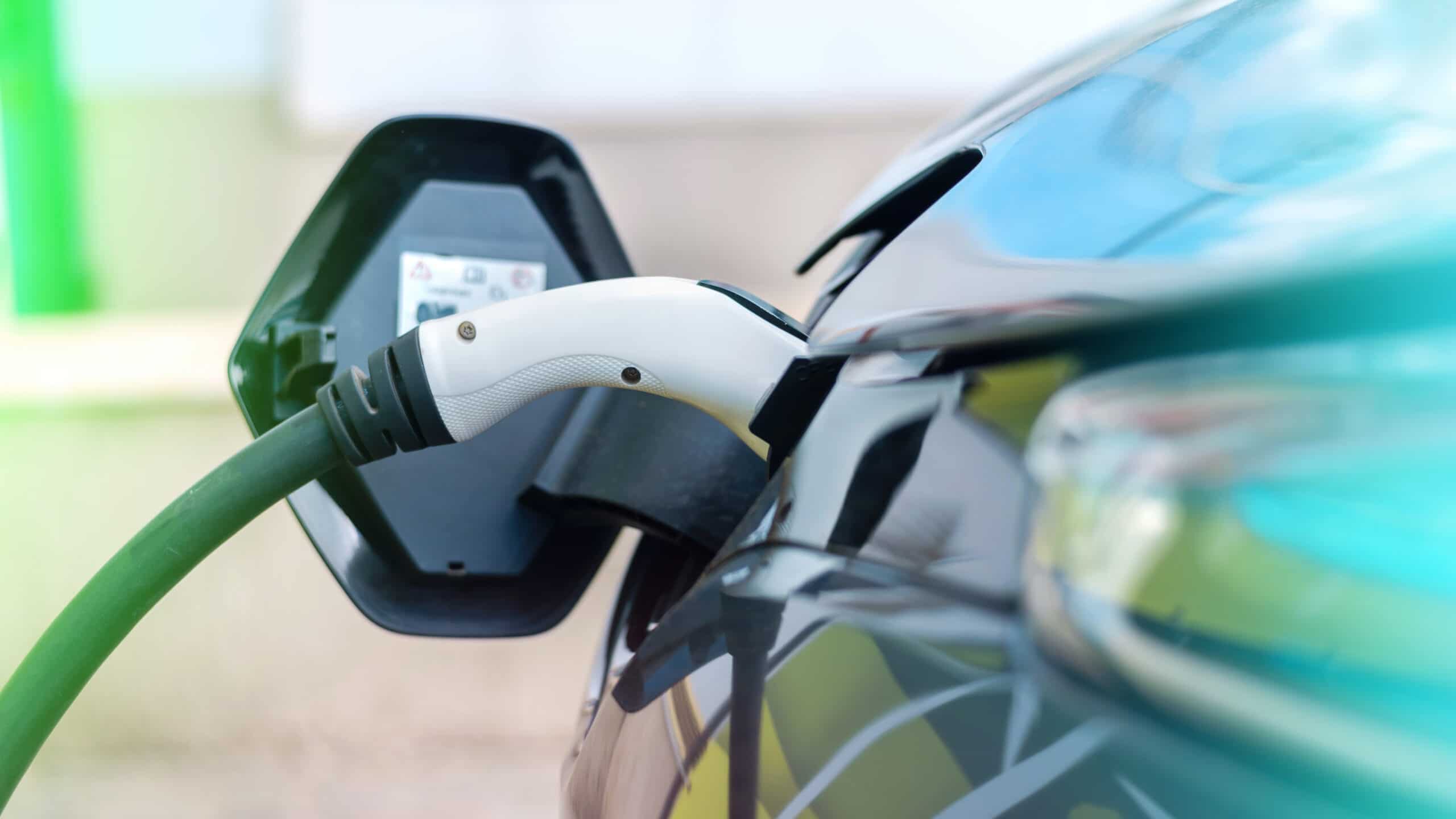According to the Climate Council, transport is Australia’s third-largest source of greenhouse gas emissions, accounting for 17 per cent overall. Cars are responsible for almost half of those emissions overall.
Australia is one of the worst offenders in terms of transport emissions. On a per capita level, Australia’s transport emissions are 45 per cent higher than the average among OECD countries—in other words, it’s a problem.
With the government moving closer to EVs, what will it mean for the future of the long-utilised diesel engine—and how efficient are EVs?
Electric Vehicles
For those concerned about reducing their emissions footprint, EVs are becoming an increasingly appealing option. EVs emit far fewer greenhouse gases than your standard car and—since they have no tailpipe—they emit no carbon dioxide into the air. Environmentally speaking, the rechargeable battery within the EV curbs the reliance on fossil fuels that so frequently leads to mass amounts of pollution.
Still, EVs create environmental problems of their own.
Despite their heralded position as the vehicle with no emissions, it gets complicated. EVs are heavily reliant on electricity for charging, with your average power plant being far from emission-free.
According to data from Energy.gov, fossil fuels accounted for 76 per cent of total electricity generation in Australia in 2020. Although findings do suggest EVs create a lower carbon footprint over their lifetime than your average car, all this can leave some questions.
So what about their counterpart, the ubiquitous diesel engine?
Let’s get this out of the way: Diesel engines are not as environmentally friendly as EVs. Compared to EVs, diesel engines are major emitters of greenhouse gases. There’s no way around it: they just aren’t good for the planet.
Still, diesel engines have an undeniably important role to play in our current landscape.
Diesel engines are relied upon heavily across a plethora of essential industries. From construction to agriculture, from power generators to hospitals, diesel engines can be found pretty much anywhere something is manufactured or transported.
There is currently no easy replacement for diesel engines in these industries. As we move closer to more environmentally friendly options such as the use of EVs, it may be necessary to develop a more robust infrastructure to replace high-emissions vehicles.
Until then, the two may just have to share the limelight.
Please support us by liking and following this page so we may continue to publish impartial news coverage.






